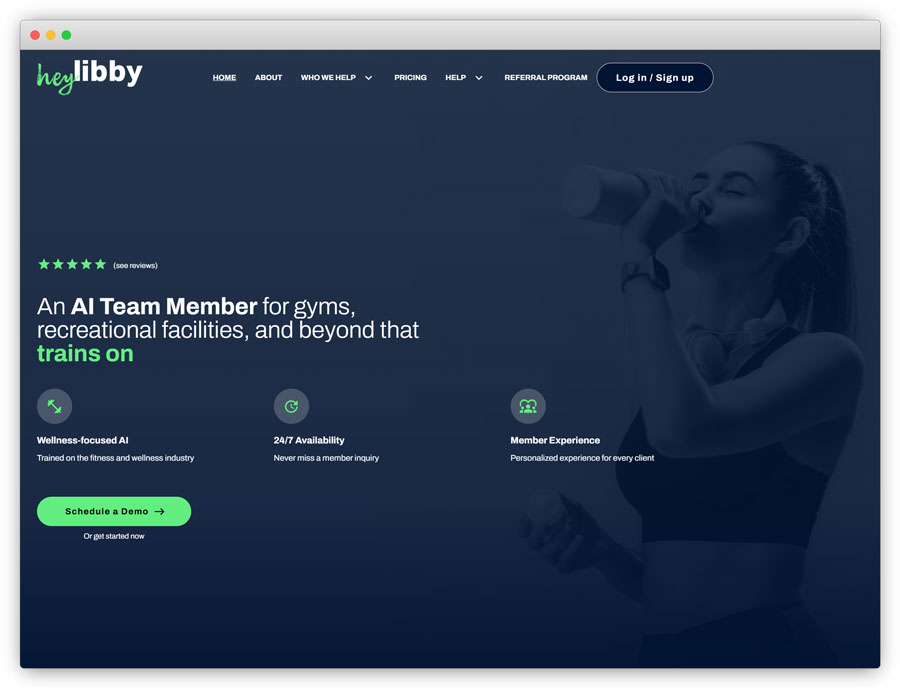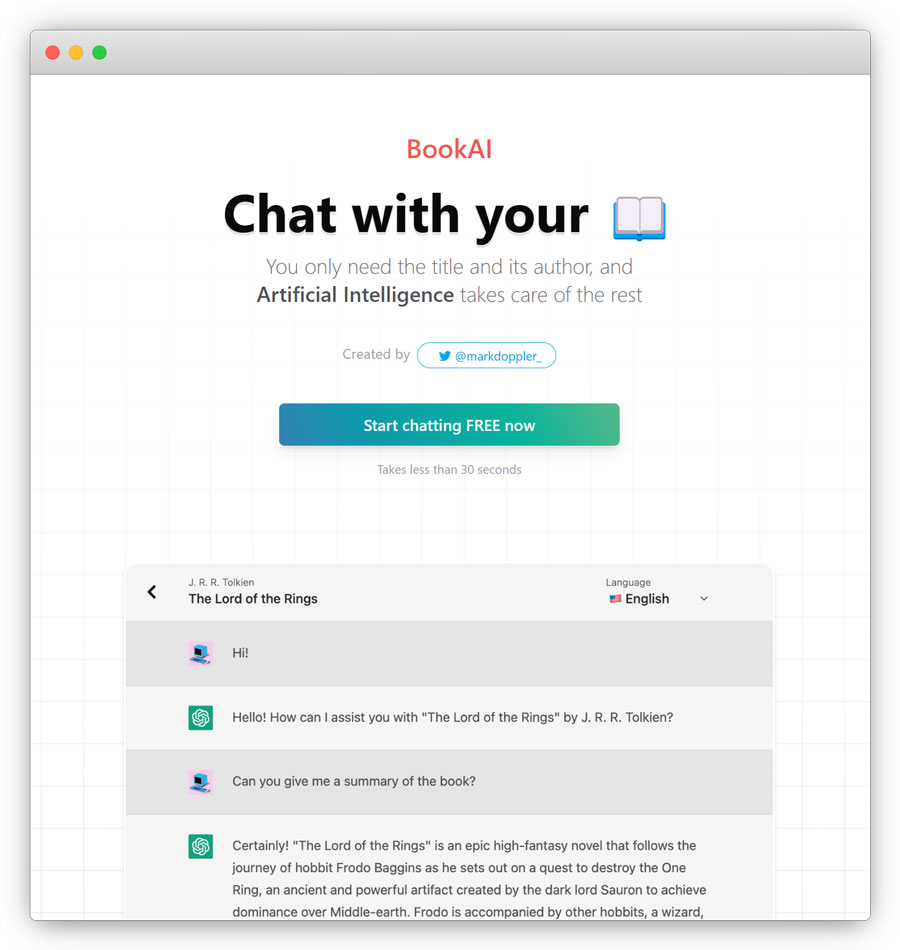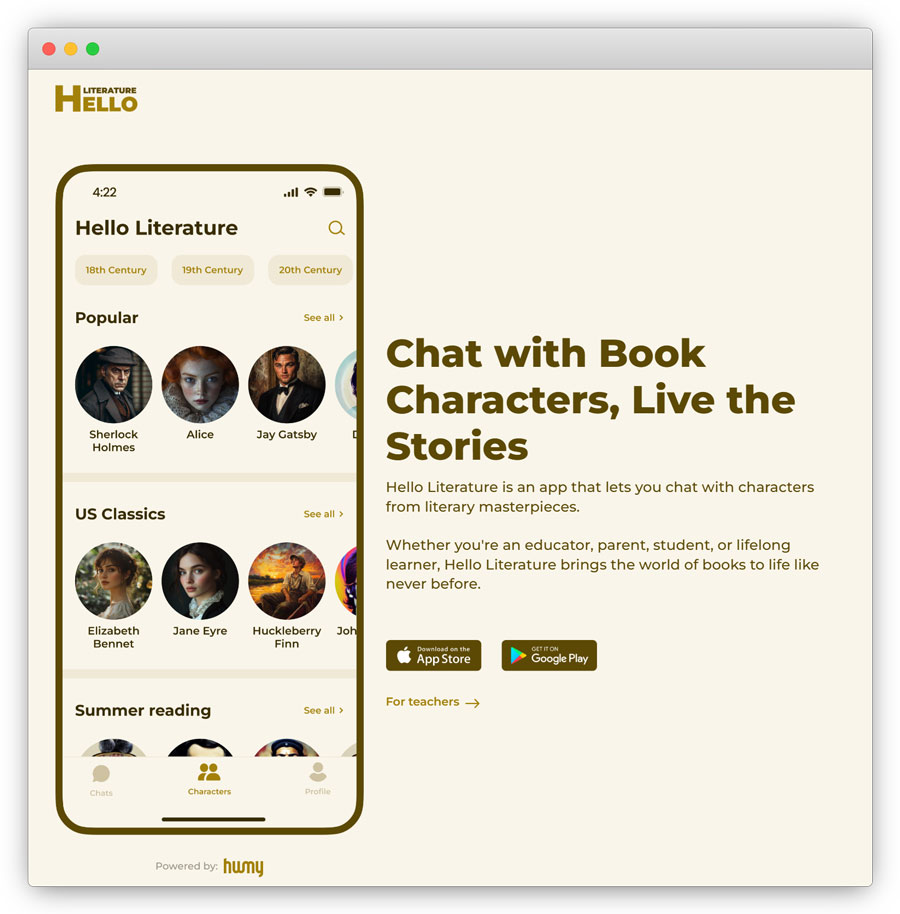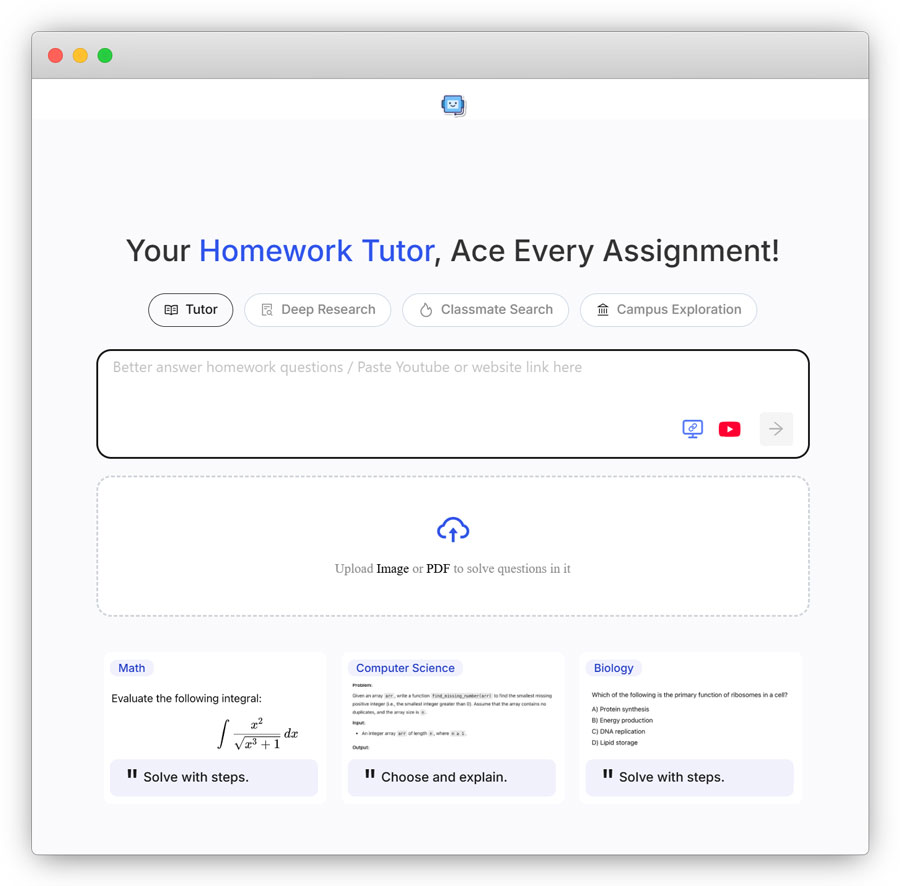
AI Inspirations for Libraries: From Study Bots to Conversations with Books
What do Collegebot, Hello Literature and Book.AI have in common? They are all AI applications that can provide inspiration for library services. We present them and other exciting tools in this blog post.
by Birgit Fingerle (ZBW)
Many libraries are looking at how they could use artificial intelligence (AI) to expand, enrich or – in the case of staff shortages – maintain their services. Roughly speaking, AI applications of interest to libraries can be divided into two areas of application: those for organising their own work and those for use in contact with their patrons. This blog post is about the latter. Here, you will find a selection of inspiring AI applications that could be adapted for the library service.
Even if aspects such as data protection and trust in digital platforms can make the use of AI tools more complex, it is worth keeping your eyes open and keeping an eye on innovative services.
An AI receptionist for direct communication
While an AI Jesus (German) has already been used in the confessional in a Swiss church, libraries could also expand their communication services thanks to artificial intelligence.  HeyLibby is an AI reception service that can integrate multiple communication channels (telephone, email, and messaging in addition to chat). The aim is to enhance direct contact with users and simultaneously reduce the need for a human presence. The service also covers outgoing phone calls and should be very quick to set up.
HeyLibby is an AI reception service that can integrate multiple communication channels (telephone, email, and messaging in addition to chat). The aim is to enhance direct contact with users and simultaneously reduce the need for a human presence. The service also covers outgoing phone calls and should be very quick to set up.
Interacting with literature
 If you have always wanted to talk to a book Book AI is the right choice. Here, it is possible to chat directly with a book of your choice. New books can be added by entering the title and author’s name. Book AI is based on GPT-3 and GPT-4 from OpenAI.
If you have always wanted to talk to a book Book AI is the right choice. Here, it is possible to chat directly with a book of your choice. New books can be added by entering the title and author’s name. Book AI is based on GPT-3 and GPT-4 from OpenAI.
 With Hello Literature, you do not interact with an entire work but instead with individual characters from a novel or their authors. The app is primarily aimed at awakening students’ interest in reading. They can also use it to rewrite the course of a novel or get writing tips from well-known authors.
With Hello Literature, you do not interact with an entire work but instead with individual characters from a novel or their authors. The app is primarily aimed at awakening students’ interest in reading. They can also use it to rewrite the course of a novel or get writing tips from well-known authors.
No time to read a PDF in full? Then, simply upload the PDF file in a so-called “Talk/Chat to PDF” or “Ask a PDF” application and conduct a dialogue with the text using AI. Ask a question or have the text summarised. Several apps, such as Adobes AI Assistant and Gemini from Google, now offer this. The offer is not limited to PDF files but also includes other formats such as Microsoft Office documents or Google Docs.
Bot for all aspects of studying
 Collegebot.AI is offered by students for students. The AI bot provides support for all aspects of studying and career development. Its AI-supported functions include help with completing tasks for your studies, searching for resources and clarifying complex topics, and finding fellow students. An AI-based comparison of professors is currently being tested with the aim of individually optimising study planning. The information is tailored specifically to a selected university.
Collegebot.AI is offered by students for students. The AI bot provides support for all aspects of studying and career development. Its AI-supported functions include help with completing tasks for your studies, searching for resources and clarifying complex topics, and finding fellow students. An AI-based comparison of professors is currently being tested with the aim of individually optimising study planning. The information is tailored specifically to a selected university.
Telling stories with data – and so much more
Did you find anything interesting in these examples? Otherwise, maybe here: AI tools that recommend new books, data storytelling tools that transform data into meaningful stories (or page 57 of the Trendhunter Trend Report 2025) or AI-based end devices for educational purposes such as the Thinkpal AI Tablet. Alternatively, you can search for one of the countless other AI tools for a specific application scenario. You will find some inspiration below.
This might also interest you:
- Artificial Intelligence and information literacy: On the art of quartering broccoli
- Human-Centred AI: First steps for enrichment of library work
- Discrimination through AI: To what extent libraries are affected and how staff can find the right mindset
- Tracking Science: How libraries can protect data and scientific freedom
- AI in academic libraries, part 1: Areas of activity, big players and automation of indexing
- Libraries and AI / Bibliotheken und KI – Bibliotheksportal (German)
- Chancen und Potenziale generativer KI im Unternehmen (German)
- Das sind die wichtigsten KI-Trends für das Jahr 2025 (German)
- The future of generative AI: Ten trends for 2025
Birgit Fingerle holds a diploma in economics and business administration and works at ZBW, among others, in the fields innovation management, open innovation, open science and currently in particular with the “Open Economics Guide”. Birgit Fingerle can also be found on LinkedIn.
Portrait, photographer: Northerncards©
View Comments

Multilingualism in Academia: Opportunities and Challenges for Research Communication
Multilingual communication can make research more inclusive and impactful by...




